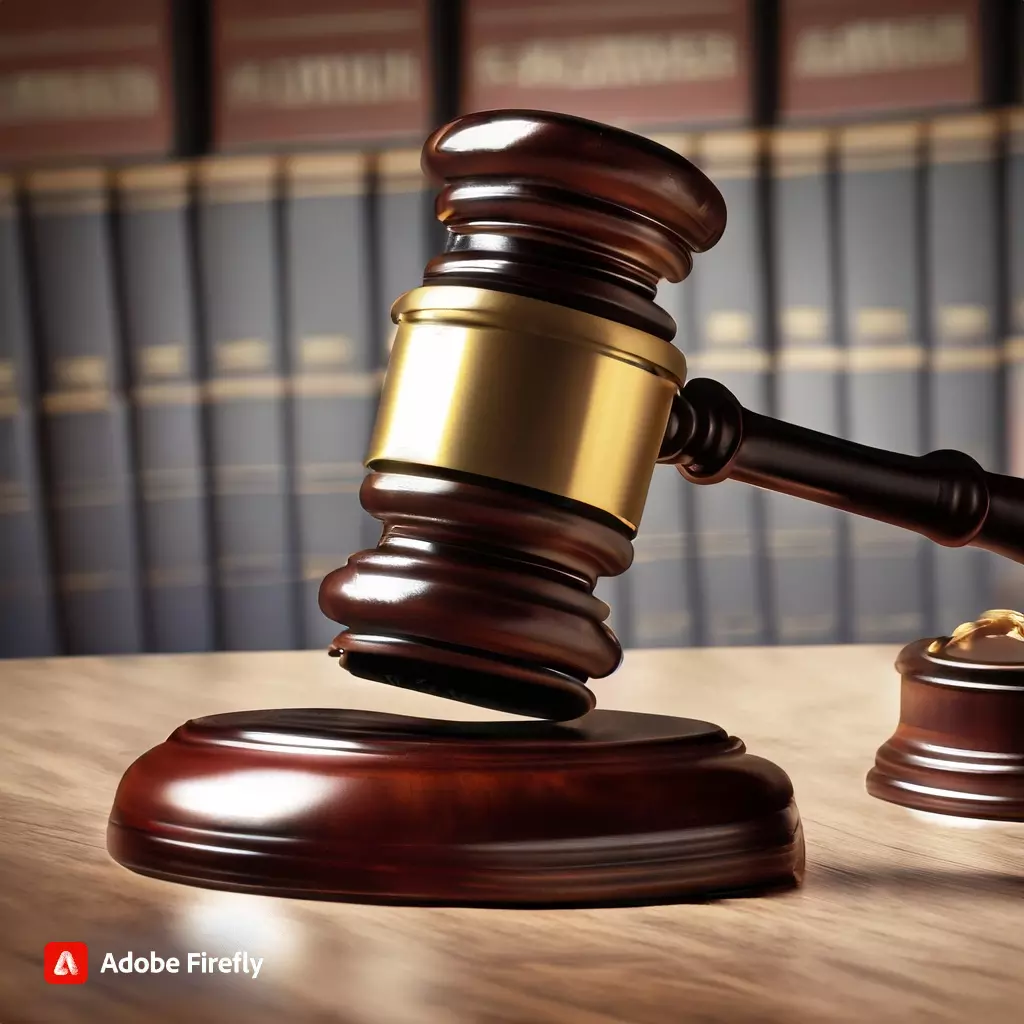The lawsuit, filed in a federal court, accuses OpenAI of profiting from the unauthorized use of the plaintiffs’ copyrighted works to train and develop ChatGPT, an advanced AI language model. George R.R. Martin, best known for his epic fantasy series ‘A Song of Ice and Fire,’ claims that the AI has generated text that closely resembles his unique writing style, leading to concerns about the potential dilution of his brand and the devaluation of his literary works.
Joining Martin in the legal action are several other high-profile authors, including J.K. Rowling, author of the ‘Harry Potter’ series, and Stephen King, the master of horror fiction. Their collective argument revolves around the idea that ChatGPT’s ability to mimic their writing styles and generate content that seems reminiscent of their books infringes on their copyrights. The lawsuit alleges that OpenAI has been negligent in addressing the potential misuse of its AI technology. Despite efforts to mitigate AI-generated content that resembles specific authors, the plaintiffs claim that OpenAI’s precautions have been insufficient, allowing unauthorized reproduction of their creative works.
OpenAI, in response to the lawsuit, maintains that ChatGPT is designed to be a tool for creative expression and assistance rather than a direct threat to copyright. The organization argues that the AI model does not intentionally plagiarize or replicate specific copyrighted texts but rather generates text based on patterns and information from a wide range of sources available on the internet. This legal battle not only highlights the ongoing debate over the intersection of AI technology and intellectual property but also raises questions about the responsibility of AI developers and the potential need for stricter regulations in the field of artificial intelligence.
Legal experts predict that the outcome of this case could set a significant precedent in the realm of AI-generated content and copyright law. If the plaintiffs succeed in proving copyright infringement, it could lead to substantial changes in how AI models like ChatGPT are developed and used in various industries.
The lawsuit against OpenAI by George R.R. Martin and other prominent authors marks a pivotal moment in the ongoing discourse surrounding AI and intellectual property rights. As the legal battle unfolds, it may reshape the landscape for AI developers and content creators, shedding light on the complex challenges posed by the rapid advancement of artificial intelligence technology.
While the outcome remains uncertain, this case serves as a stark reminder of the need for clear regulations and guidelines in the ever-evolving field of AI, where the boundaries between human creativity and machine-generated content are becoming increasingly blurred. The ramifications of this lawsuit could reverberate far beyond the courtroom, influencing the future of AI development and its relationship with the creative world.
Also Read: Elon Musk Considers Imposing ‘Small Monthly Fee’ For All X Users
https://thelogicalindian.com/h-upload/2023/09/27/500x300_233718-firefly-a-courtroom-setting-with-a-gavel-to-symbolize-the-legal-battle-4719.webp
Trending
2023-09-27 10:47:26.0
ChatGPT Maker Faces Legal Battle As Writers Sue Over Copyright Concerns










